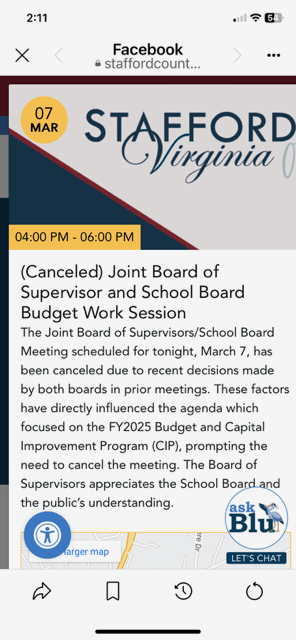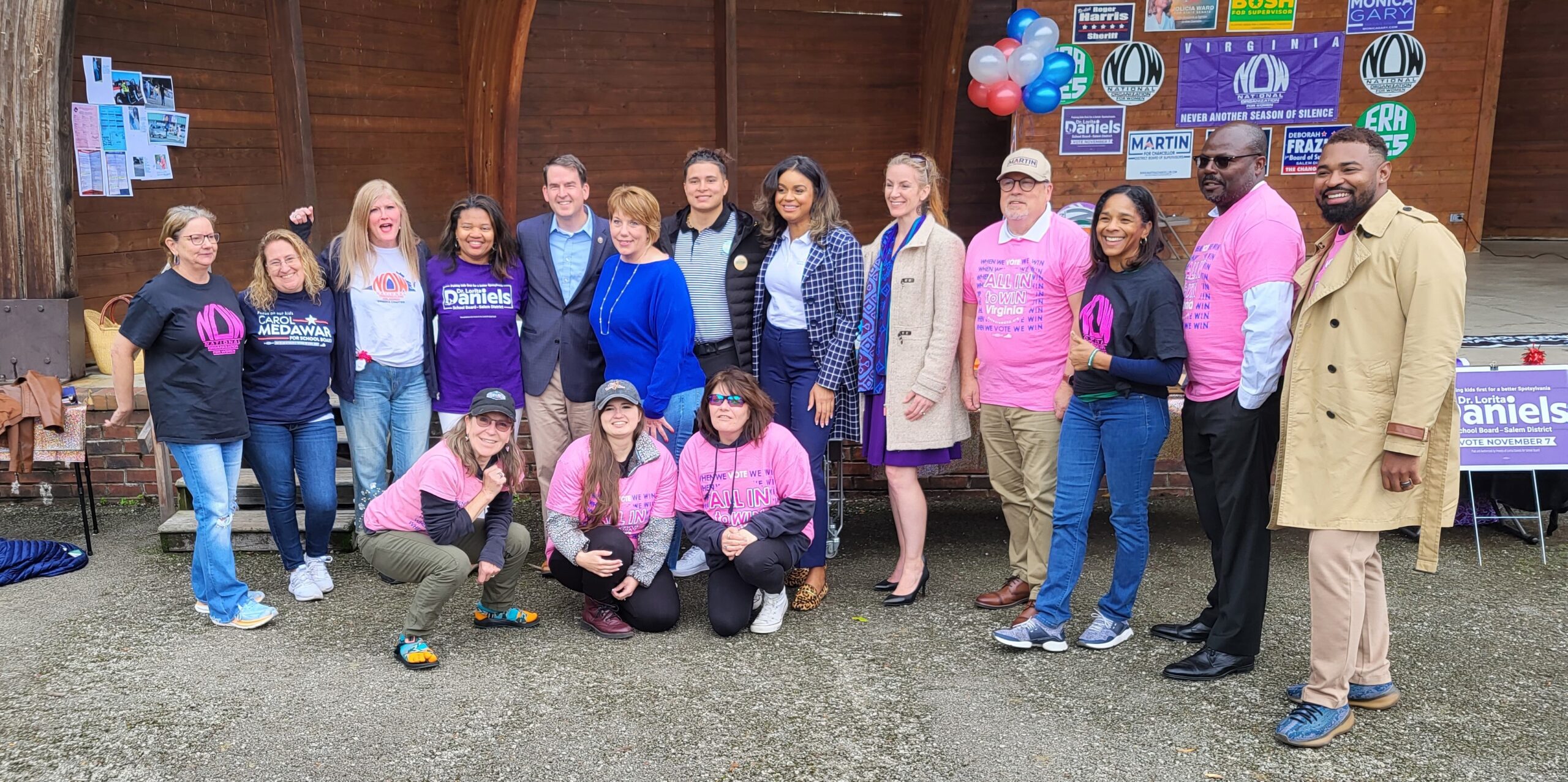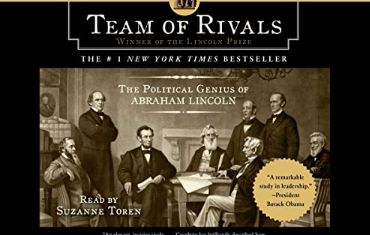
Our local politics are on a path to diminishing the role of the citizen. It’s not too late to turn that around.
by Martin Davis
EDITOR-IN-CHIEF
A series in the Virginia Mercury is drawing attention to the difficulties people are facing receiving documents using the Freedom of Information Act. Called FOIA Friday, it examines cases where public bodies are refusing to provide documents, and why.
Like most every news organization in the commonwealth, FXBG Advance has not always been successful in securing documents we request. In our story “King George County Withholding Records Related to Complaints Against Board Chair,” managing editor and correspondent Adele Uphaus was told there were:
34 pages of records responsive to a request under the Freedom of Information Act for emails referencing complaints against Board of Supervisors Chair T.C. Collins.

All of those records were withheld, citing Virginia Code section 2.2-3705.1 which allows government officials to withhold documents related to personnel issues. It’s not the only exemption available to government agencies.
According to the Virginia Coalition for Open Government, an alliance of organizations that promote expanded access to public documents, there are more than 100 exemptions, with the most common ones being “personnel records; scholastic records that identify students; health, medical and social services records; records that are part of various administrative investigations; and records that reveal security or anti-terrorism measures.”
The personnel records exemption is one that Gunita Singh, an attorney at the Reporters Committee for Freedom of the Press told VPM for its story “Are Virginia open records laws weaker than other states?,” has called “particularly broad.” In fact, we are only one of four states with a similar exemption, and “one of two states — alongside South Dakota — that haven’t defined what ‘personnel records’ means in state law.”
Agencies aren’t the only blockades to public records. We’ve seen individuals in Spotsylvania County, for example, refuse to comply with requests. Most recently, School Board member Lisa Phelps and former School Superintendent Mark Taylor.
Unfortunately, there are few recourses for those denied records.
The VCOG outlines the following options:
If you feel you’ve been wrongfully denied a public record, if the government doesn’t respond to your request for records, if you think the notice for a meeting or the topic of it was improper, there are a few things you can do. For starters, you can try to work out a mutually satisfactory agreement with the public body directly. You can ask the Freedom of Information Advisory Council to issue an oral or written opinion. The council’s opinions are persuasive and its answers are generally respected by citizens and government alike. There is no charge for the council’s help.
If an amicable solution cannot be reached, a lawsuit is an option. Anyone can file a petition in general district or circuit court asking for an injunction or for a writ of mandamus, which is basically an order directing the government to do something. If you win against the government, you may be able to recoup your attorneys’ fees and costs, and the public body (or government official) may be required to pay a fine. (§§2.2-3713 and 2.2-3714)
These unnecessarily broad restraints on public records make the role of an independent media even more important. But media face other difficulties getting information, as well.
Reluctance to Speak
Increasingly, many public officials are refusing to speak to media. As both opinion editor at the Free Lance-Star and editor-in-chief of the Advance, I sent countless requests to former Spotsylvania County School Board Chair Kirk Twigg and former Board Chair Lisa Phelps for interviews. They were also offered space to explain their positions and goals for the School Board.
Those requests weren’t even acknowledged.
The lengths to which their stonewalling went included far more than the media. As reported last year, Twigg and Phelps didn’t bother responding to their fellow board members, either.
Spotsylvania isn’t alone in this practice.
This past week’s Board of Supervisors’ meeting in Stafford featured a number of pyrotechnics, including shutting off the microphone of one of its own. (See the incident beginning at the 24 minute and 30 second mark.)
This tactic was common in Spotsylvania School Board meetings over the past couple of years, and is concerning on a number of levels, not the least is the violation of a sitting Board Member’s responsibility to express their concerns to the county’s citizens that they represent.
More concerning, however, was the refusal of Board members to explain why that action was taken.
In an email to Board Chair Meg Bohmke this past week, I asked she provide an explanation for why Supervisor Gary’s microphone was cut off.
Though she responded to my other two questions, she did not provide an answer to the one about cutting off the microphone. This is troubling because a simple citation of Board policy that outlines what is and is not appropriate for a Board member to say would have been sufficient.
The responses to the other two questions were equally troubling.
Both concerned the Board of Supervisors’ recent actions toward the School Board. The first asked for an explanation of why the joint Board of Supervisors – School Board meeting was cancelled. The second sought her explanation for where she felt elementary school #19 should be placed.
The answers to my other two questions, she noted, had been “discussed publicly.” Regarding the cancellation of the joint meeting, she said:
The one thing I would like to say is that their [sic] was no scheduling conflict for this meeting. We shared on social media why we cancelled the joint meeting.

Asked to clarify what specific decisions by both boards that had been made that justified the cancellation, no answer was forthcoming.
At least Bohmke responded.
The same questions were sent to Tinesha Allen, Deuntay Diggs, Darrell English, Crystal Vanuch, and Pamela Yeung, but none chose to respond. Gary received the first two questions, but not the one about her mic being shut off. No response was received.
Restoring ‘Citizens’
A less-than-robust FOIA system, and public officials increasingly willing to ignore the one institution whose most important function is to serve as a check on government, are partly responsible for an increasingly angry electorate.
The feeling of marginalization is palpable.
In Spotsylvania, it led to the stunning overturn of the populist right-leaning board that had been ushered in to great fanfare just two years earlier. Hopes that the new Board would prove to be more stable have so far not been borne out.
Almost three months into the new leadership, the Board remains stuck in limbo on what to do with its superintendent who is on paid leave-of-absence. Public meetings continue to prove combative. And a clear vision for moving forward has yet to emerge.
In Stafford, tensions between the Board of Supervisors and the School Board are increasing, even as internal strife among the supervisors is coming to the fore.
And in Fredericksburg, City Council is contending with a vocal group of citizens worried about growth plans, while feeling that their concerns are not being heard. Some members may disagree with the feeling that some of the city’s residents have, but the fact they these members feel this way cannot be ignored.
Each of the cases described above is different, but one trend each seems too often to publicly show is that the side in power owes little to those they’ve defeated – and sometimes extends to those citizens they disagree with.
In his book The Once and Future Liberal, Mark Lilla lays out the path forward for an America that embraces liberal ideals and values. But more important than this, says Lilla, is that we must reorient ourselves to the importance of the “citizen.”
“Citizens are not roadkill,” he writes.
A citizen, simply by virtue of being a citizen, is one of us. We have stood together to defend the country against feign adversaries in the past. Now we must stand together at home to make sure that none of us faces the risk of being left behind. We’re all Americans and we owe that to each other. That’s what liberalism means.
The national political game has become one of zero-sum politics. And we are seeing the consequences of that game.
Locally, it’s important that the idea of, and respect for, citizen not be lost.
That means strengthening Virginia’s shamefully weak FOIA laws. And it means elected officials holding themselves to a higher standard of respect – one that begins, and ends, with the citizen.





